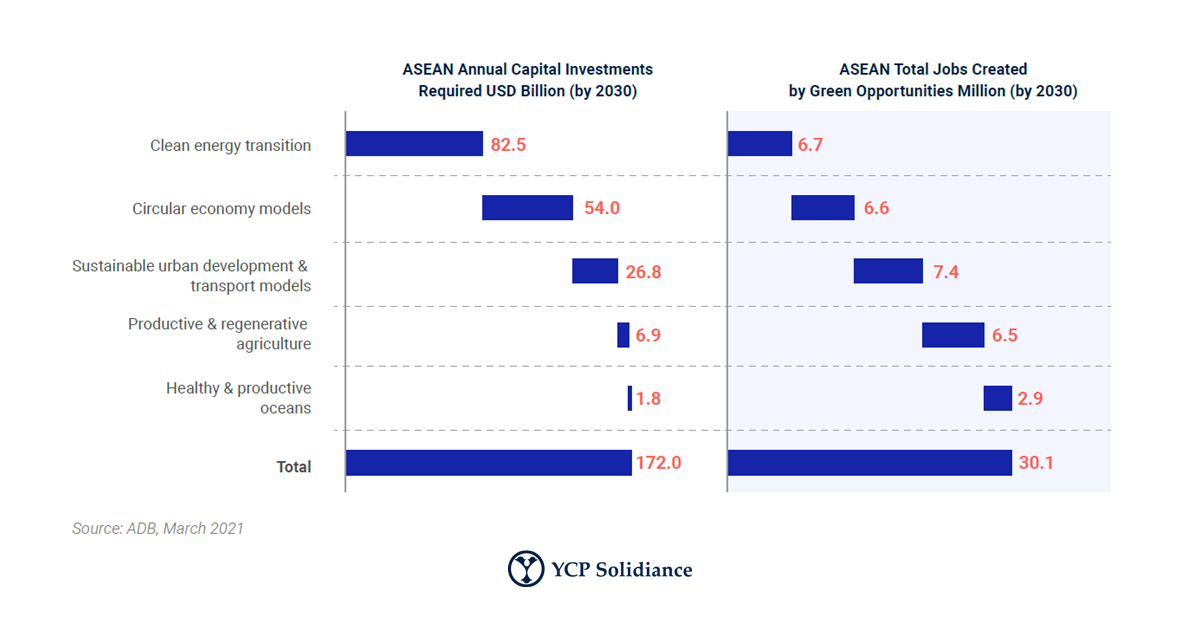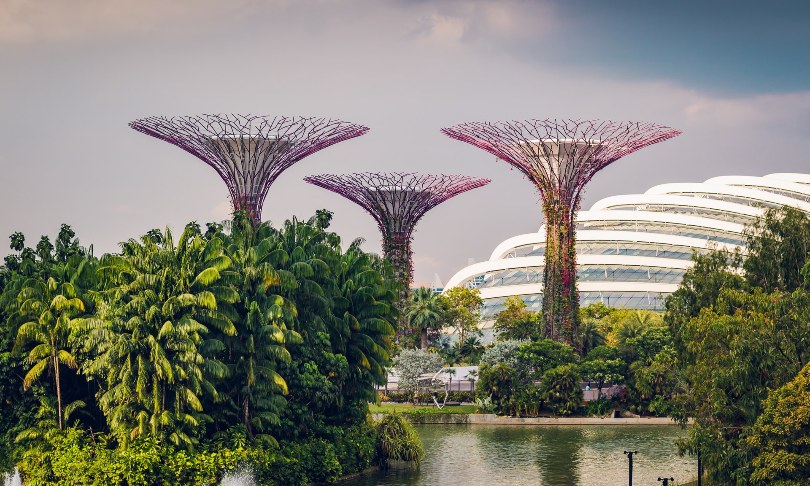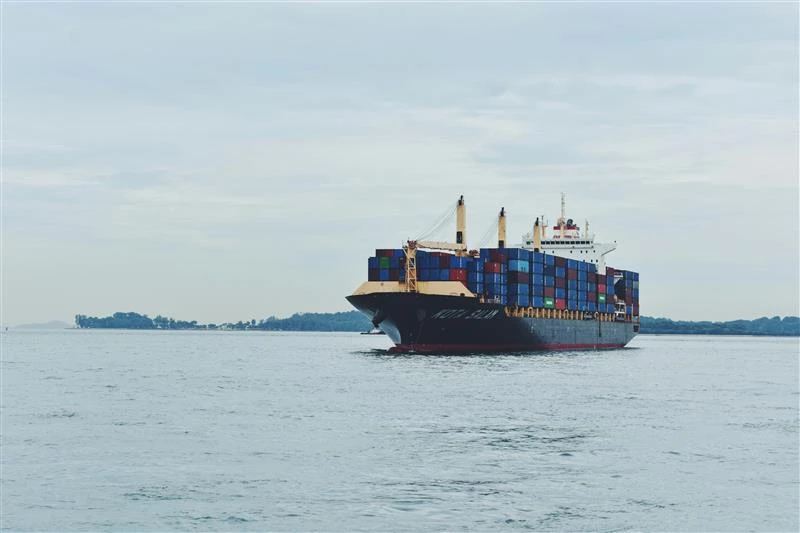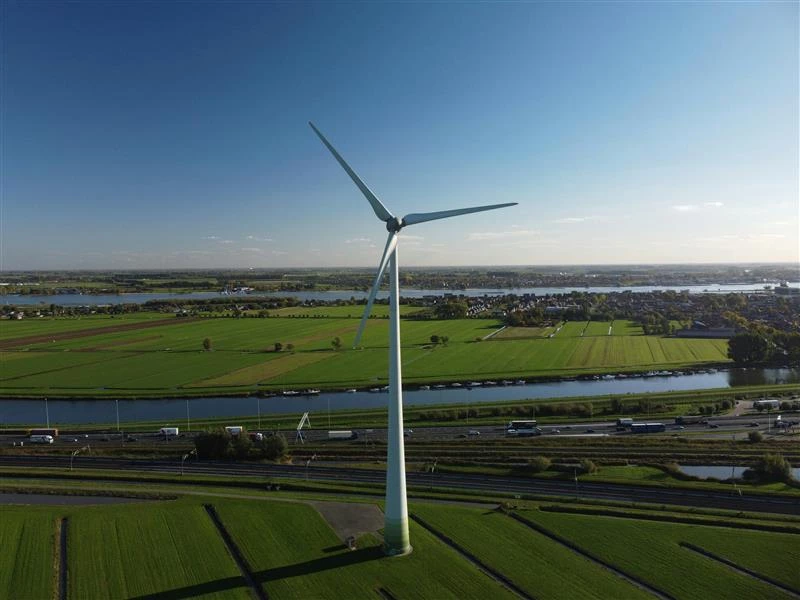Despite commitments made during the 2021 United Nations Climate Change Conference (COP 26), majority of Southeast Asian countries are falling short of their climate goals.
According to Channel News Asia, a new report by Temasek, Bain & Company, and Microsoft found that no country in SEA is expected to reach the 2030 emission reduction goal, despite eight of ten participating Southeast Asian countries now having zero net carbon emissions commitments.
One area that the region could improve on, according to the report, is prioritizing green investments, which will help bolster further decarbonization efforts.
Green Growth in Southeast Asia
Defined by the World Green Economy Council as “traditional investment vehicles such as stocks, exchange-traded funds and mutual funds in which the underlying business(es) are somehow involved in operations aimed at improving the environment,” green investments can range from businesses developing innovations in clean energy to companies that are overhauling their practices to prioritize the environment.
Currently, green investments in Southeast Asia are valued at less than 20 billion USD—a far cry from the 3 trillion USD needed to close the emissions gap.
According to the YCP Solidiance report “Road to Recovery: Post Pandemic Business Outlook in Southeast Asia,” the impact of climate change is “expected to lead to an 11% loss in GDP by the end of the century, as per the Asian Development Bank. ASEAN must embrace sustainability as a long-term goal to not only help mitigate the immediate impact of climate issues, but to ensure business continuity and resilience in a post-pandemic world.
“Pursuing green opportunities—especially in areas like agriculture, oceans, urban transport systems, clean energy, and circular economy practices—has the potential to create 30 million jobs across the region.” 
Recommendations for SEA Businesses, Governments, and Investors
The urgent importance of green investments will inevitably shift the way companies approach sustainability in the post-pandemic economy, especially with the looming 2030 goal approaching.
According to the Sustainability Panel from the same YCP Solidiance white paper, three key elements must be understood by all stakeholders to create successful change across the region and get closer to achieving climate goals:
- Sustainability requires collaboration between various sectors and stakeholders to make an impact, which can be achieved through universal goals like the UN Agenda for Sustainable Development’s 2030 targets. Having a common goal will allow countries to explore cross-border commitments and investments while still fulfilling the specific needs of each country, industry, and environment.
- Sustainability is especially important for Southeast Asia (SEA) because of the region’s rapid growth, which has an effect on its abundant natural resources. The report specifically cites Article 6 of the Paris Agreement, which specifically allows the transfer of carbon credits from one country to another. SEA’s diverse natural resources and cultural complexities make sustainability crucial to preserve the uniqueness of the region.
- Companies must look at their big-picture contributions to society and the economy when they are planning to include more sustainable practices. Aside from actual practices, consumer awareness and education are the most important things for businesses to prioritize when implementing green investments.
Stakeholders—whether they are businesses, governments, or even budding start-up founders—must keep these three key points in mind when drafting strategies for green investments and innovations in Southeast Asia.
For more insights on sustainable post-pandemic recovery in Southeast Asia, subscribe to our newsletter here and read the reports below:







